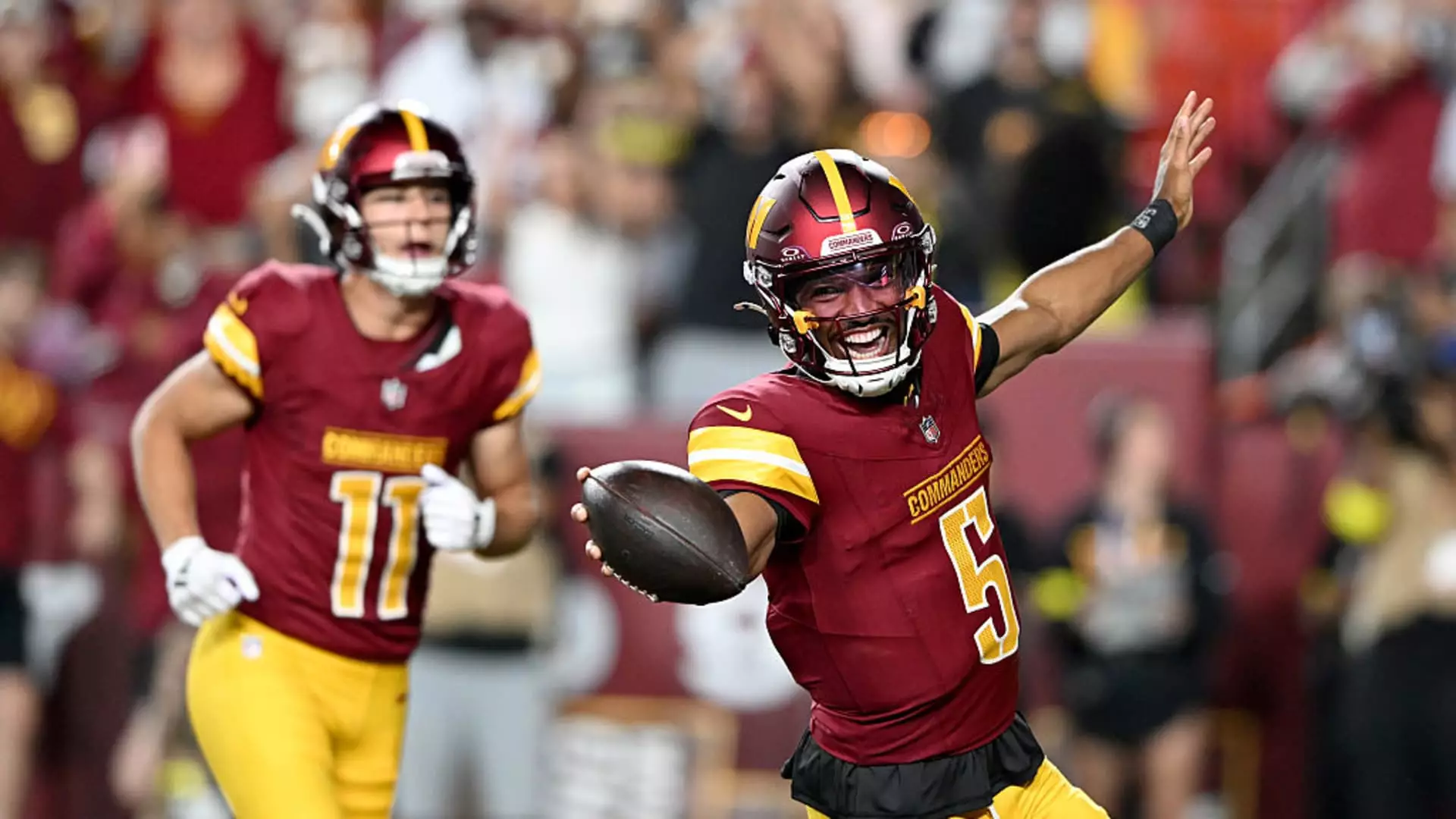Robinhood’s latest move into prediction markets for football signals a strategic effort to redefine the boundaries of retail trading and betting. By incorporating NFL and college football outcomes into their platform, Robinhood is blurring the lines between casual investment and sports wagering. While the company frames this as a way to create a comprehensive trading hub, critics must recognize that embedding high-stakes betting into a platform designed for investing threatens to erode the fundamental principles of responsible financial activity. This expansion reflects a troubling trend where gaming elements are increasingly integrated into everyday financial platforms, potentially encouraging impulsivity among users who may lack the experience to differentiate between genuine investing and speculative betting.
The Illusion of Safe Betting in a Trading Environment
Robinhood emphasizes that these prediction markets will differ from traditional sports betting by involving a peer-to-peer trading model, where buyers and sellers set prices collaboratively. However, this innovation does little to mitigate the core risks; it merely disguises betting as an investment. The platform’s existing reputation for making trading accessible to newcomers amplifies these dangers. Young investors, attracted by the thrill of sports predictions and the promise of quick gains, could easily misinterpret these markets as a safe or even educational activity, rather than recognizing the substantial financial risks involved. Robinhood’s eagerness to integrate such markets demonstrates an underlying prioritization of user engagement over the welfare of its clientele—an approach that may accelerate addictive behaviors and foster reckless gambling instincts.
The Broader Implications for Financial and Social Stability
Robinhood’s expansion into sports prediction markets is not merely a matter of corporate strategy; it is symptomatic of a deeper societal issue. The normalization of betting on daily life events within financial environments fosters a dangerous culture where the line between investing and gambling becomes increasingly porous. This development undermines the legitimacy of financial markets by encouraging speculation divorced from rational analysis. Moreover, it raises serious concerns about regulatory oversight and consumer protection. Regulators must scrutinize platforms like Robinhood that are pivoting towards an ecosystem where gambling-like activities are embedded within retail trading apps, especially when the stakes involve vulnerable consumers susceptible to addiction and financial harm.
Robinhood’s aggressive push into prediction markets and sports wagering should be met with skepticism. While innovation is vital, it must not come at the expense of prudence and integrity. A responsible financial ecosystem requires clear distinctions between investment and gambling—something Robinhood’s latest initiatives blur further. As these platforms evolve, so must the regulatory standards that safeguard investors and the broader financial system from the perils of unchecked speculative behavior.

